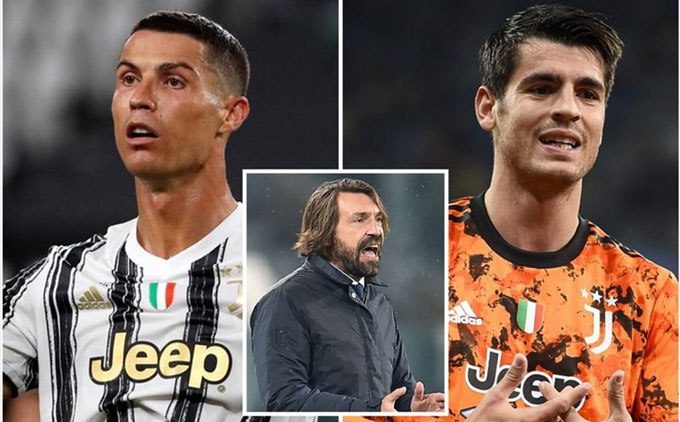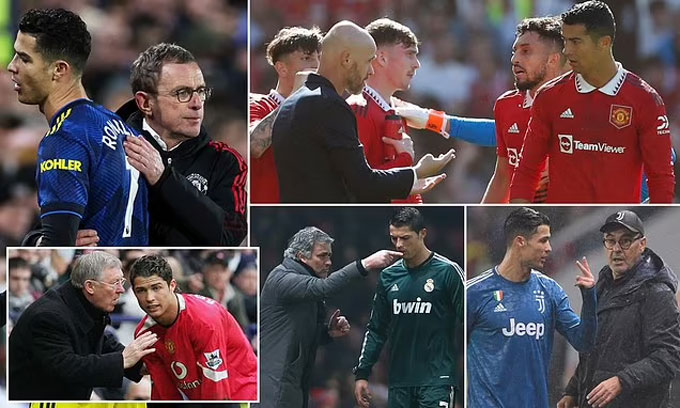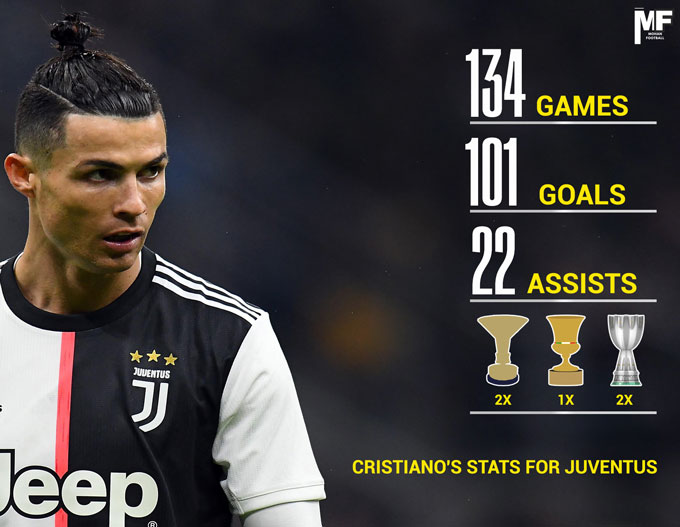For a player whose career is defined by relentless professionalism and unmatched goalscoring records, it is rare to find criticism aimed at Cristiano Ronaldo’s competitive spirit. Yet, a surprising revelation has surfaced from the inner workings of Juventus during the 2020/21 season, suggesting that his legendary presence was, in one crucial aspect, a liability: tactical compatibility. This insight comes from Alparslan Erdem, a former assistant coach to Andrea Pirlo, who has revealed that the Italian manager actually preferred the dynamism of Álvaro Morata over the global icon.

The Problem with Pirlo’s Philosophy
Andrea Pirlo’s solitary season managing Juventus was defined by an effort to implement a modern, high-intensity tactical system built on aggressive pressing and control. However, Ronaldo, despite his phenomenal attacking output, was deemed fundamentally incompatible with this vision.
Erdem, who later worked alongside Pirlo at Turkish club Fatih Karagümrük, shed light on the strategic conflict. Speaking to Bild, Erdem disclosed the findings of the club’s data analysis: "We conducted a data analysis, and the results were very clear: Pirlo didn't like Dybala, and Cristiano Ronaldo was absolutely not suited to the style of play he wanted to build.”
The heart of the incompatibility lay in the non-negotiable demands of high-press football. Erdem continued: “Pirlo wanted the team to press high, and the data showed that Ronaldo was the worst performer in terms of quick bursts (sprints). He didn't want him, but he couldn't do anything about it. Because it was Cristiano Ronaldo."

This forced compromise became the defining challenge of Pirlo’s tenure. While Ronaldo delivered goals, titles, and absolute professionalism, the relationship between his free-roaming, goal-hunting instincts and Pirlo’s structured tactical philosophy was far from perfect. Pirlo ultimately favored Álvaro Morata because the Spanish forward was deemed "perfect for the 4-4-2 formation" that the coach attempted to implement. The system simply could not operate smoothly with the tactical exemptions afforded to Ronaldo, yet Pirlo had to accept the constraint because of the €117 million investment the club had made in the Portuguese star.
A Recurring Managerial Dilemma
The challenge of "managing Ronaldo" is not unique to Andrea Pirlo; it has been a taxing puzzle for numerous coaches, even the most seasoned tacticians. Ronaldo’s imposing personality, extreme thirst for victory, and colossal influence make maintaining rigid tactical discipline a formidable task within any collective unit.
Maurizio Sarri, who coached Juventus in the 2019/20 season, previously acknowledged the difficulty in integrating Ronaldo into a disciplined tactical framework. Sarri often felt restricted, trying to reconcile Ronaldo’s natural, free-flowing attacking style with his own desired brand of controlled, possession-based football. Despite these headaches, Sarri never failed to praise Ronaldo’s mental toughness and ability to rebound from setbacks, viewing it as the defining trait of a "true champion."

Even the dynamic between Ronaldo and José Mourinho at Real Madrid, though marked by mutual respect, featured friction due to the clashing of two colossal egos. Mourinho later admitted that to get the best out of Ronaldo, he had to "learn to relinquish control," understanding that a player of CR7’s caliber performs optimally when given the freedom to express his goal-scoring instinct.
This pattern repeated itself at Manchester United. Both Ralf Rangnick and Erik ten Hag struggled to align the superstar with their strategic plans. The conflicts ranged from public criticism of Rangnick’s coaching abilities to the highly-publicized incident where Ronaldo refused to come on as a substitute under Ten Hag, demonstrating how the player's massive influence and personality could—and often did—disrupt the tactical balance of the squad. The issues even extended to the national team level, as evidenced by Fernando Santos’s visible frustration at the 2022 World Cup when his decision to bench the captain was met with public dismay and sharp reactions, souring the team atmosphere.
Efficiency Versus Collective Success
The strategic conflict was real, but it never diminished Ronaldo's incredible scoring efficiency. In his final season under Pirlo, Ronaldo maintained a spectacular output, netting 36 goals in 44 appearances across all competitions. He secured the Serie A Capocannoniere (Top Scorer) award with 29 league goals and set a club record by becoming the fastest player in Juventus history to reach 100 goals (in just 131 games).
However, the team's collective success suffered. Juventus only managed to finish fourth in the league, narrowly securing a Champions League spot. Crucially, that season marked the end of the club's nine-year consecutive Serie A title streak. While they did lift the Coppa Italia and Supercoppa Italiana, the championship disappointment signaled the end of the collaboration between Pirlo and Ronaldo.
Ronaldo’s eventual departure from Turin left behind a legacy as a relentless "goal machine" but also a persistent question for every coach who attempts to manage him: Is there a manager bold and skilled enough to harness Ronaldo's unique genius while simultaneously maintaining the crucial tactical equilibrium required for long-term collective success?
